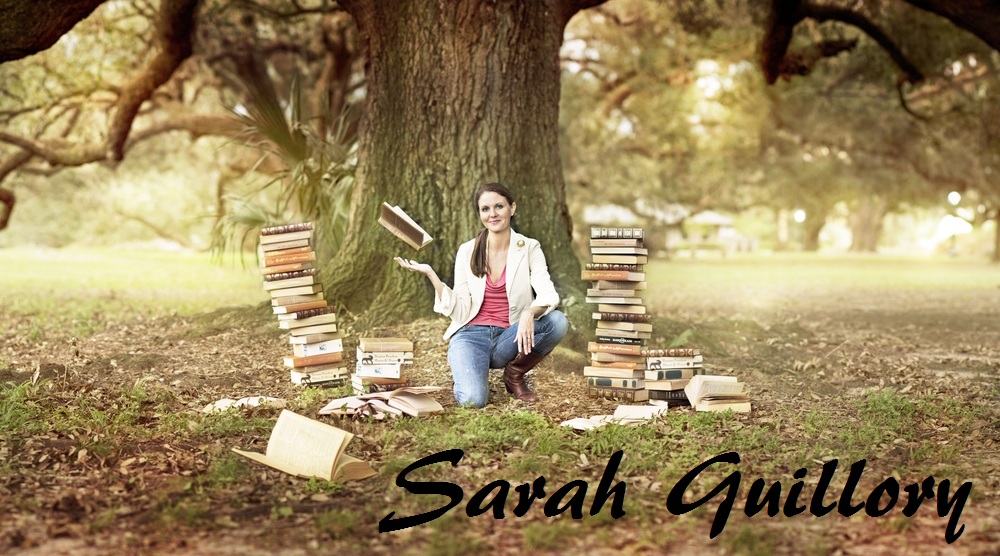Today I am an
aunt. Sort of. A book aunt, if you will. And I couldn’t be more excited.
My critique
partner Abigail Johnson’s debut, If I Fix You, releases today, and I remember
so vividly how I felt three years ago when my own debut released. But watching
the dream of one of your writing besties come true might actually be better. I
get all of the excitement and none of the anxiety.
I met Abigail
and our other critique partner, Kate Goodwin, through Maggie Steifvater’s Love
Connection back in early 2012. If I Fix You was the first thing I ever read of
Abigail’s, and I loved it immediately. I have watched it grow and change over
the years, and finally, I get to watch the world fall in love with this story
as much as I did.
I can’t tell you
how wonderful it is to see Abigail’s hard work pay off, and I love watching the
process from this side of the desk. I’m so grateful she trusted me with her
words when I was still a complete stranger on the internet. I believed in this
book from the very beginning, and it’s immensely gratifying that I can now step
back and watch it soar.
Readers of Sarah Dessen, Cammie McGovern and Morgan Matson will adore this thought-provoking, complex and romantic contemporary novel from debut author Abigail Johnson, about finding the strength to put yourself back together when everything you know has fallen apart.
When sixteen-year-old Jill Whitaker’s mom walks out-with a sticky note as a goodbye-only Jill knows the real reason she’s gone. But how can she tell her father? Jill can hardly believe the truth herself.
Suddenly, the girl who likes to fix things-cars, relationships, romances, people-is all broken up. It used to be, her best friend, tall, blond and hot flirt Sean Addison, could make her smile in seconds. But not anymore. They don’t even talk.
With nothing making sense, Jill tries to pick up the pieces of her life. But when a new guy moves in next door, intense, seriously cute, but with scars-on the inside and out-that he thinks don’t show, Jill finds herself trying to make things better for Daniel. But over one long, hot Arizona summer, she realizes she can’t fix anyone’s life until she fixes her own. And she knows just where to start…
“If I Fix You is a heart-rending story about life not being what you hoped for … and being okay anyway.”
—#1 New York Times bestselling author
APRILYNNE PIKE
—#1 New York Times bestselling author
APRILYNNE PIKE
“Broken boys and broken cars and broken hearts. Heartfelt and romantic! Read it!”
—KASIE WEST,
AUTHOR OF THE FILL-IN BOYFRIEND
—KASIE WEST,
AUTHOR OF THE FILL-IN BOYFRIEND
“Adroit and strong-minded. If I Fix You is a whole-hearted page turner.”
— HUNTLEY FITZPATRICK,
AUTHOR OF THE BOY MOST LIKELY TO
— HUNTLEY FITZPATRICK,
AUTHOR OF THE BOY MOST LIKELY TO
“I know readers are going to LOVE this book as much as I did. A feisty and strong heroine to root for, and a love interest who is dreamy and complicated in all the right ways. What a fabulous debut by a great new writer to watch!”
—CAMMIE McGOVERN,
AUTHOR OF A STEP TOWARD FALLING
—CAMMIE McGOVERN,
AUTHOR OF A STEP TOWARD FALLING




